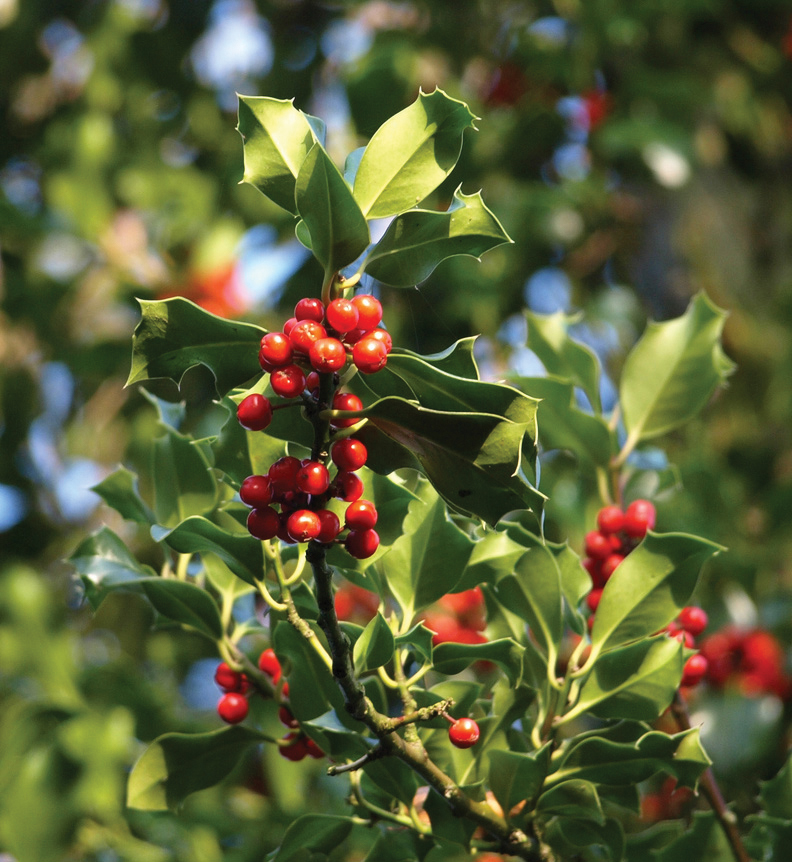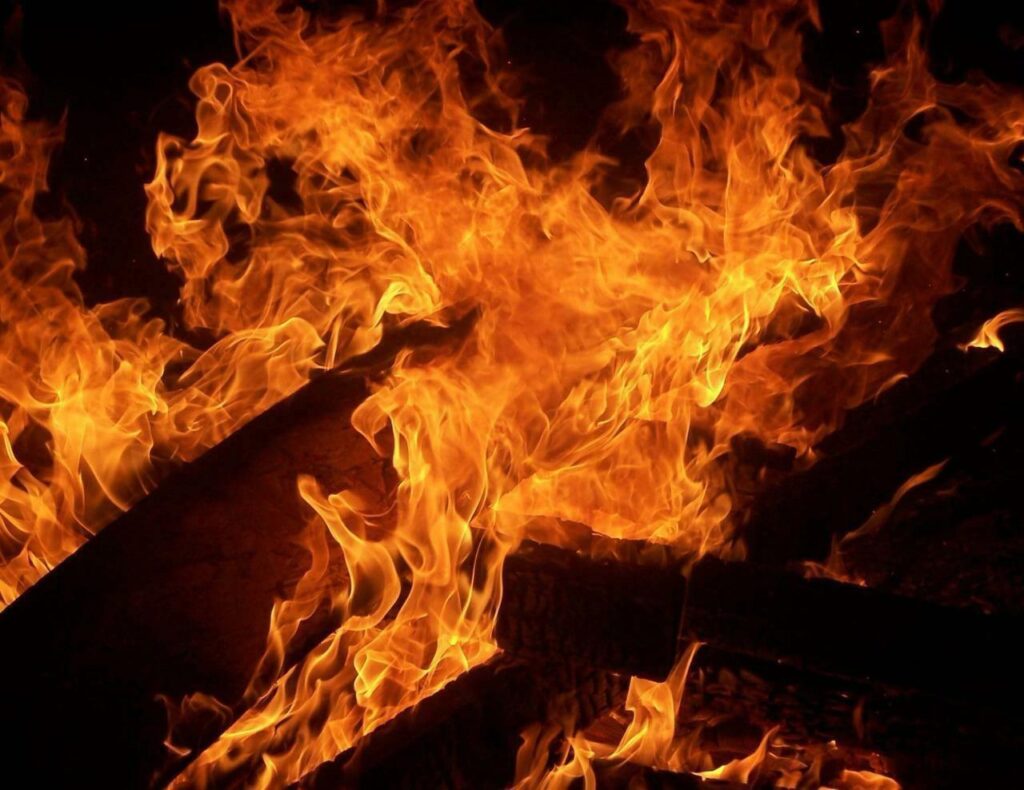
Season’s Greetings / Happy Holidays / A Joyful Solstice …. or just here comes 2024!!! Whicherver suits you best I do want to send my very best seasonal wishes to all listeners, readers, or discovers of, or to, Story Archaeology. I was unexpectdly busy through November and most of December. Also, for a variety of reasons a couple of up-coming ‘Stories in the Landscape’ conversations had to be postponed until early 2024. However, I have now found myself enjoying a stress and travel free holiday week. So yesterday, Christmas day, I started on a new audio ‘Ramble’ with the topic of the winter solstice in Ireland. It should be published by the end of the year. While I was gathering thoughts and checking sources, I came across a Story Archaeology post that I had almost forgortten. It is, in some ways, relevant to the upcoming ramble route so I have re-posted it today… a slightly late greeting card to all my Story Archaeology friends.

Poetry specifically describing the properties of different woods is not all that common, although I know of a couple of poems that gives Ash prime place. This poem, in keeping with the season, places the holly as the best of winter woods, It also favours the fragrant honeysuckle, the woodbine.
The poem is part of the story of how, Iubhdan, King of the Lupracán, pays a visit to Fergus mac Léite,, king of Ulster. The story contains a great deal of bawdy humour and adventure but it also includes quieter, poetic moments, such as this interlude where Iubhdan advises, the king’s fire keeper on which woods he should choose for the fire and which might have better uses.
“O man that for Fergus of the feasts dost kindle fire, whether afloat or ashore never burn the king of woods.
Monarch of Innisfail’s forests the woodbine is, whom none may hold captive; no feeble sovereign’s effort is it to hug all tough trees in his embrace. The pliant woodbine if thou burn, wailings for misfortune will abound; dire extremity at weapons’ points or drowning in great waves will come after.
Burn not the precious apple-tree of spreading and low-sweeping bough: tree ever decked in bloom of white, against whose fair head all men put forth the hand.
The surly blackthorn is a wanderer, and a wood that the artificer burns not; throughout his body, though it be scanty, birds in their flocks warble.
The noble willow burn not, a tree sacred to poems; within his bloom bees are a-sucking, all love the little cage.
The graceful tree with the berries, the wizards’ tree, the rowan, burn; but spare the limber tree: burn not the slender hazel.
Dark is the colour of the ash: timber that makes the wheels to go; rods he furnishes for horsemen’s hands, and his form turns battle into flight.
Tenterhook among woods the spiteful briar is, by all means burn him that is so keen and green; he cuts, he flays the foot, and him that would advance he forcibly drags backward.
Fiercest heat-giver of all timber is green oak, from him none may escape unhurt: by partiality for him the head is set on aching and by his acrid embers the eye is made sore.
Alder, very battle-witch of all woods, tree that is hottest in the fight, undoubtingly burn at thy discretion both the alder and the whitethorn.Holly, burn it green: holly, burn it dry: of all trees whatsoever the critically best is holly.
Elder that hath tough bark, tree that in truth hurts sore: him that furnishes horses to the armies from the sidh burn so that he be charred.
The birch as well, if he be laid low, promises abiding fortune: burn up most sure, and certainly the stalks that bear the constant pods.
Suffer, if it so please thee, the russet aspen to come headlong down: burn, be it late or early, the tree with the palsied branch.
Patriarch of long-lasting woods is the yew, sacred to feasts as is well known: of him now build ye dark-red vats of goodly size.
Ferdedh, thou faithful one, wouldst thou but do my behest: to thy soul as to thy body, O man, ‘twould work advantage
From The king of the Lupracán’s journey to Emain, and how the death of Fergus mac Léite, king of Ulster was brought about.
Silva Gadelica’ – Standish O’Grady, 1892
I have also included a version of a similar, and far more recent poem, most probably, English. This version is sung by Robin Williamson, a man who, in no small way, influenced my journey as a story teller.
